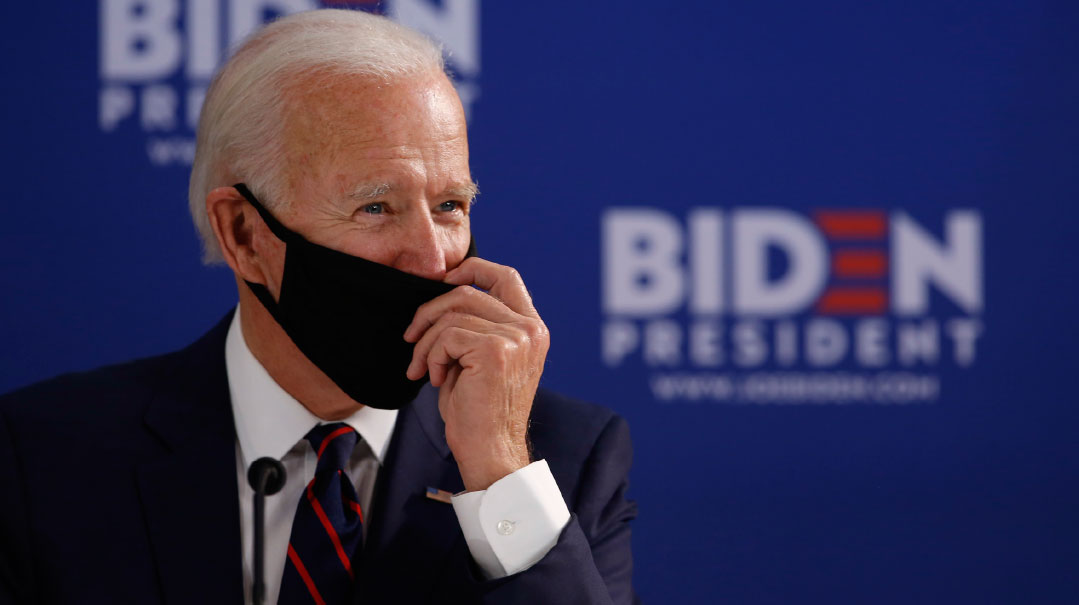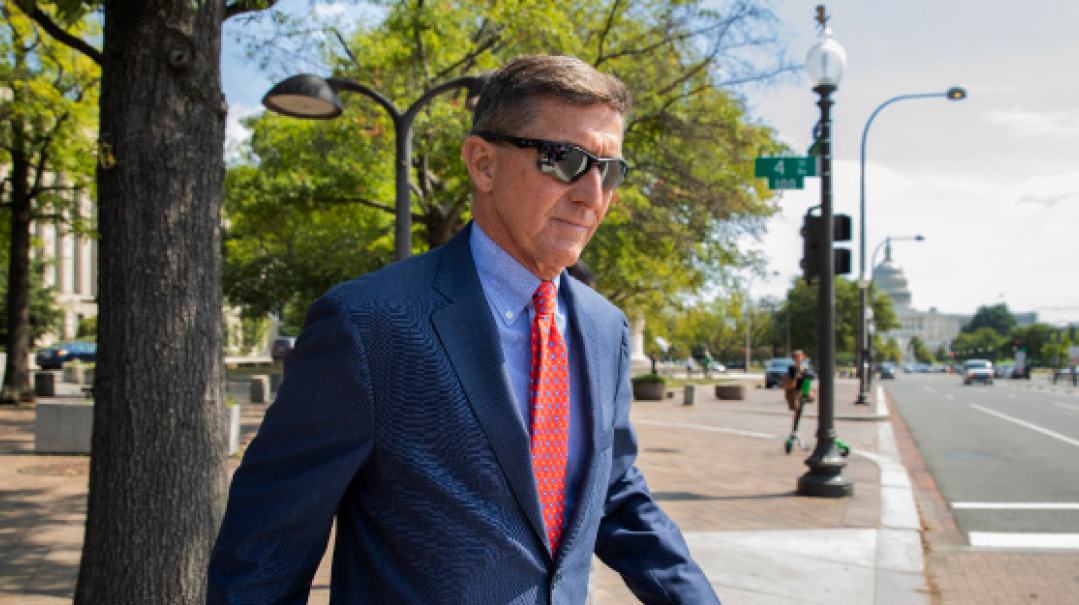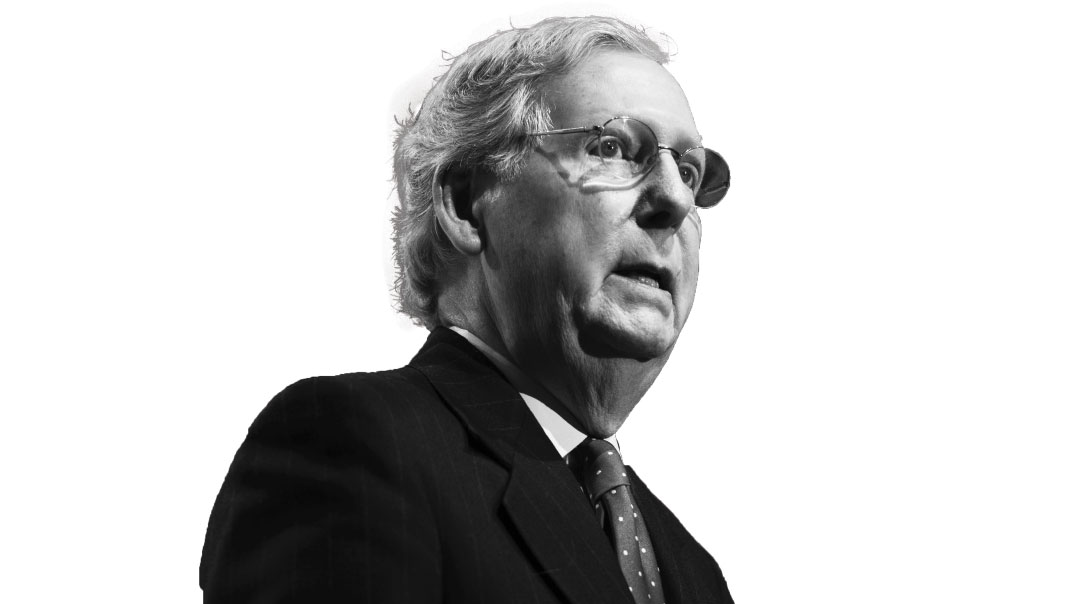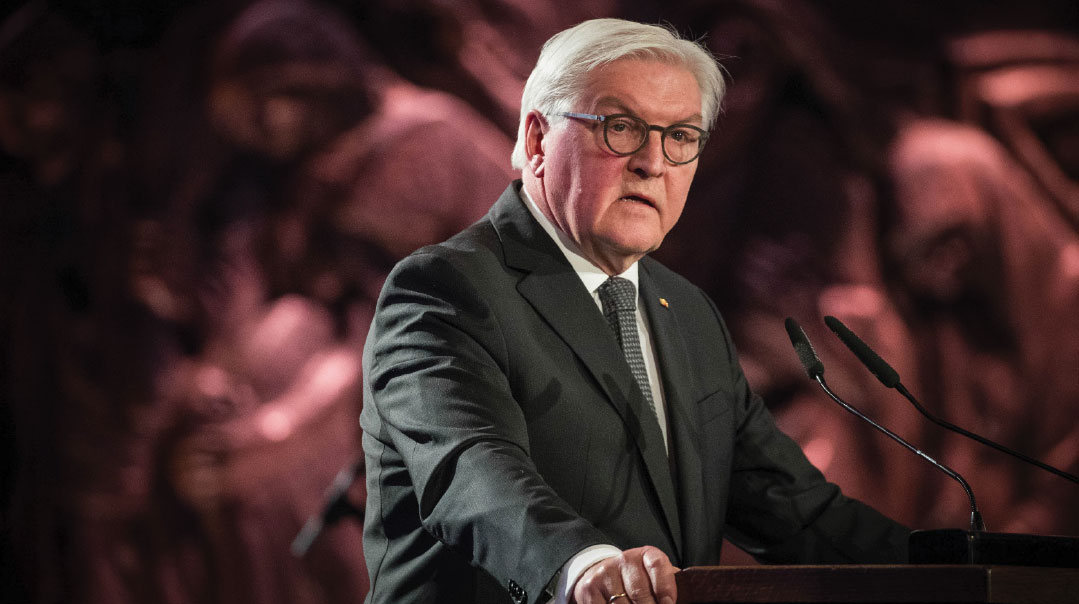Words as Weapons
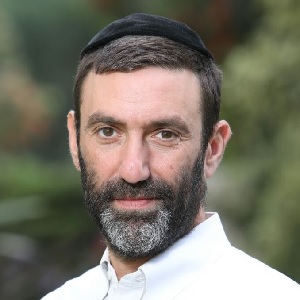
Cory Booker’s “manufactured rage” weaponizes words in Washington
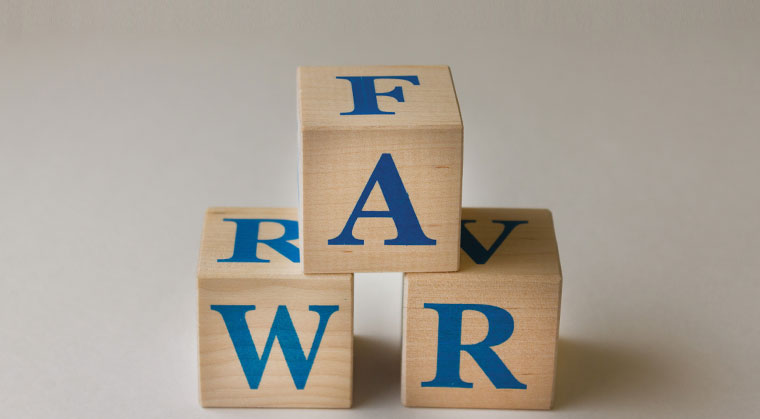
W
hat do Haitians think of Haiti?
Do they think it’s a great place to live? Are they happy with their lives? Do they believe Haiti to be a paradise on earth?
Here are a few facts about Haiti: It has a per capita income of $1,800 per year. Some 40% of Haitians are unemployed and nearly 60% live in poverty. From 1804, the year the country was founded, until 1915, there were 70 different dictators. More recently, a modern strongman, Jean-Claude “Baby Doc” Duvalier, ran roughshod over his country until he was deposed and replaced with a reformer, Jean-Bertrand Aristide, who himself was forced to flee as a result of his abusive rule. In 2010, a 7.0 magnitude earthquake struck 14 miles west of Haiti, killing 217,000 people, destroying the capital Port-au-Prince, and leaving 2 million people homeless. The worst cholera outbreak in modern history ensued, killing about 10,000 people. A 2017 United Nations report found that 2.5 million people in Haiti, or about a quarter of the population, still require humanitarian aid.
Sounds like a great place, no? How would two average Haitians talking on the street describe their country?
And yet when President Trump characterized the country in a less than eloquent and politic way in a meeting with lawmakers in mid-January — well, the media was aflame.
His critics are right: He doesn’t think enough before he speaks. He possesses a sensitivity deficit. His speech is unbecoming and inappropriate for a commander in chief. But was his description of Haiti wrong? Is it a country where you’d want to live?
I got to thinking about the matter after seeing a video clip of Sen. Cory Booker of New Jersey rip into the Secretary of Homeland Security, Kirstjen Nielsen, a few days after Trump’s remark went viral. During testimony before the Senate Judiciary Committee, Nielsen, who had attended the meeting in which Trump made his remark, said she couldn’t recall the president’s exact words in describing Haiti, El Salvador, and other African countries.
“I don’t specifically remember a categorization of countries from Africa,” she told Sen. Dick Durbin of Illinois, one of the lawmakers who leaked the president’s remarks to the press. “I think what he was saying is — as far as best I can tell, and as you know, there were about a dozen people in the room, there were a lot of cross conversations, there was a lot of rough talk by a lot of people in the room — but what I understood him to be saying is, let’s move away from the countries, and let’s look at the individual and make sure that those we bring here can contribute to society.”
The Durbin-Nielsen interaction ended respectfully enough; about an hour later, it was Cory Booker’s turn at the mic.
Booker is a passionate type, a former friend of Shmuley Boteach, who has since turned more toward the progressive wing of the Democratic Party. (For instance, he voted for the Iran nuclear deal, despite heavy lobbying from Jewish constituents.) For Booker, Nielsen’s inability to recall Trump’s exact words was unacceptable.
“Your silence and your amnesia is complicity,” said Booker, pounding his fists on the mahogany. “I hurt. When Dick Durbin called me, I had tears of rage when I heard about this experience in that meeting. And for you not to feel that hurt, and that pain… when tens of millions of Americans are hurting right now… that’s unacceptable to me.”
(Excerpted from Mishpacha, Issue 696)
Oops! We could not locate your form.
